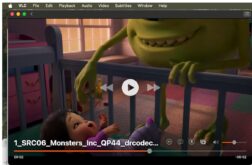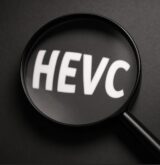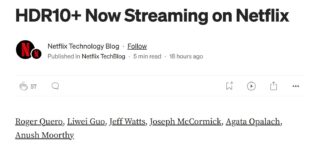With streaming video data rates, less is always more, unless of course, lower data rates mean visible artifacts. I just finished a review of the ZPEG Engine for x264, which produced bitrate savings of 21% without blocks, banding, mosquitoes, or other problems that would be noticeable by typical viewers. This was an average saving; the data rate reduction in some clip types, like movie clips, averaged 27.5%, with the data rate of some clips reduced by as much as 33%. The table below shows content-specific, genre-specific, and overall savings over a general-purpose library of clips. 
The ZPEG Engine will be offered as a technology upgrade to the x.264 codec. These tests are summarized in a report you can download below. The report was commissioned and funded by CoreCodec, Inc. an x264, LLC partner. Though test procedures were discussed in advance, positive results were not guaranteed.
Click here to download the report – ZPEG – Technology Report_final
 Streaming Learning Center Where Streaming Professionals Learn to Excel
Streaming Learning Center Where Streaming Professionals Learn to Excel









